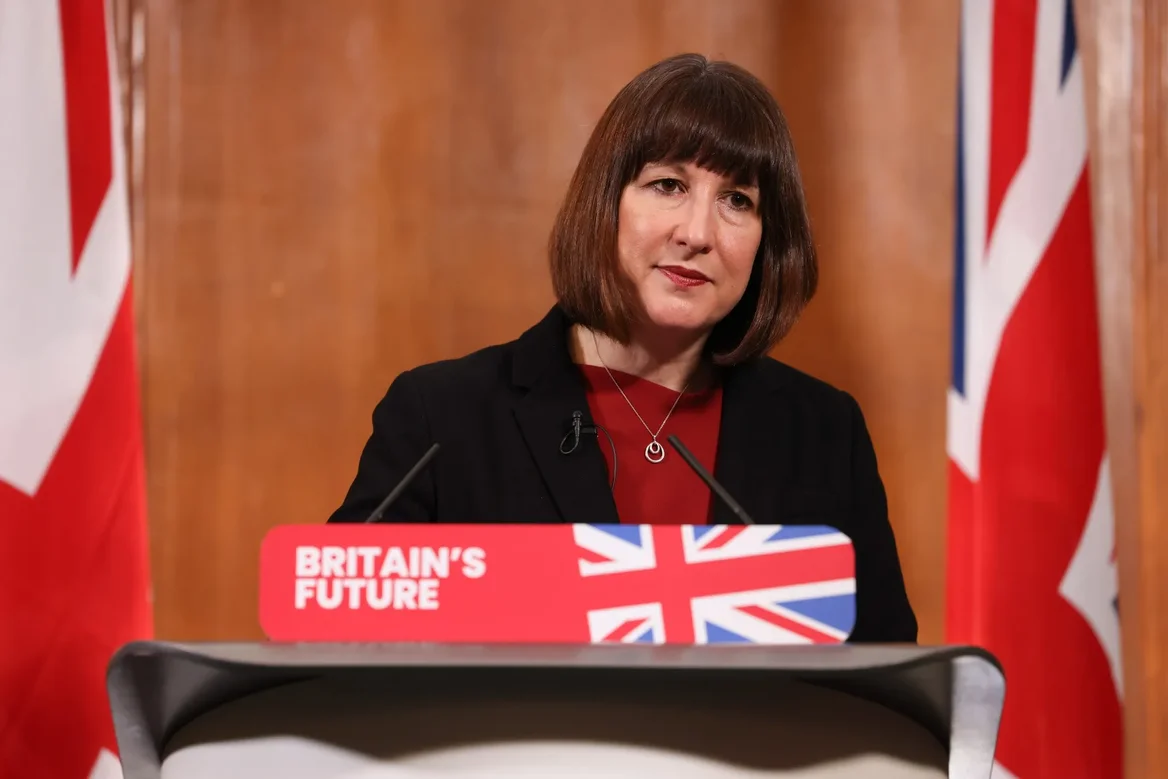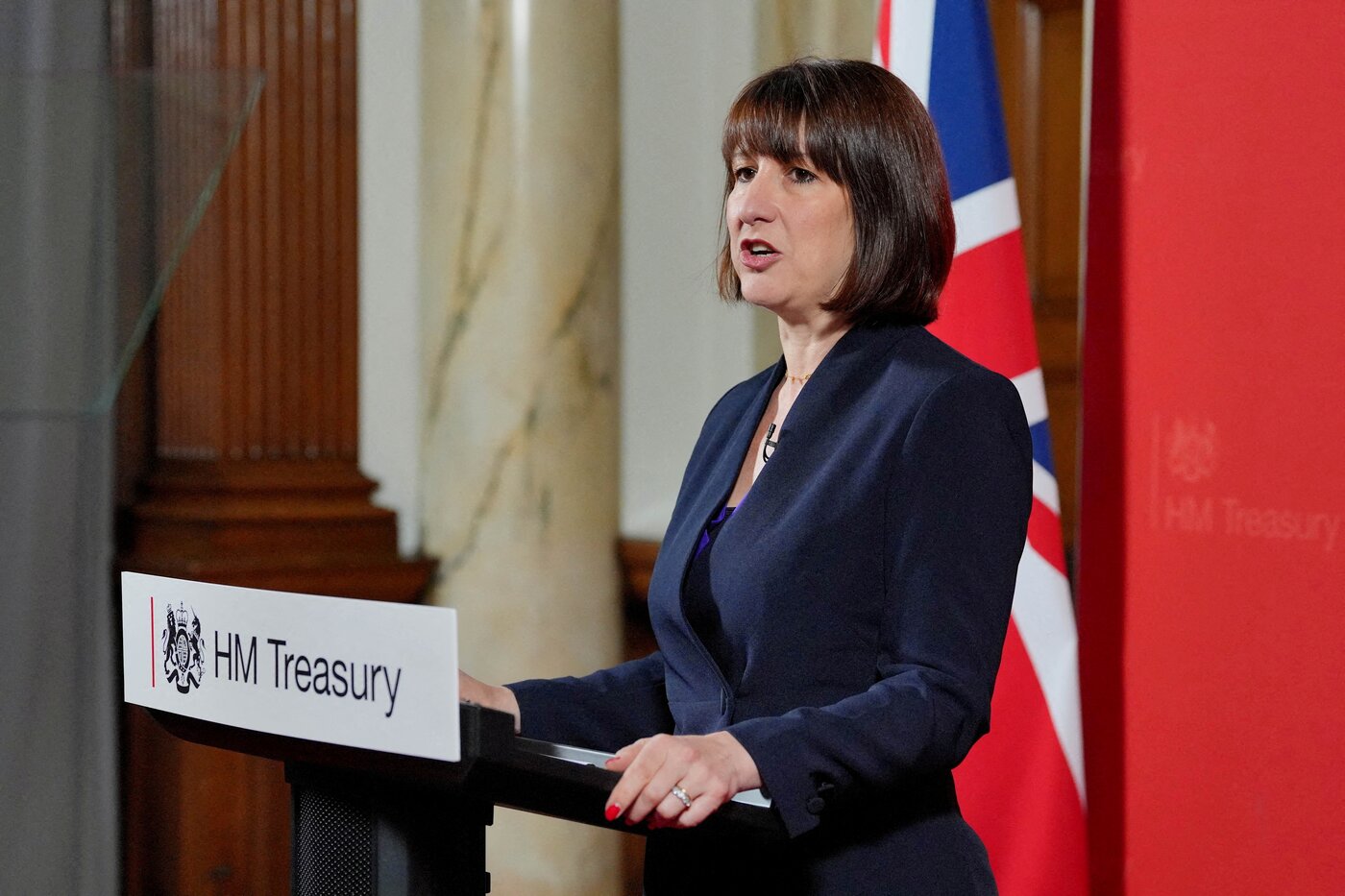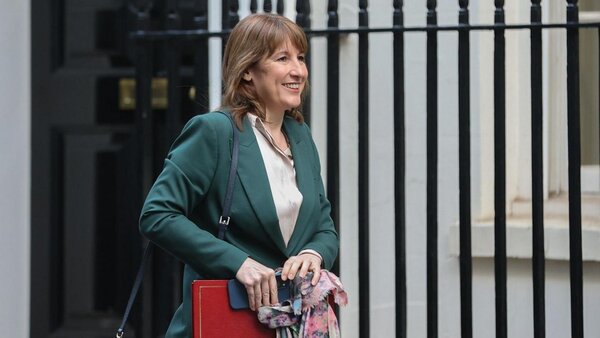Autumn Budget 2025: Starmer’s Gamble, Reeves’s Delivery
When the Treasury confirmed that the autumn Budget will take place on 26 November 2025, a month later than many had anticipated, the City’s reaction was weary. Investors dislike uncertainty, and many businesses had braced themselves for an earlier statement on tax and spending. A month’s delay means another four weeks of speculation.
But the timing may also work in the Government’s favour. Global markets remain volatile, and with the US Federal Reserve expected to cut interest rates in mid-September, borrowing costs could ease before the Office for Budget Responsibility updates its forecasts. That could soften the outlook for UK debt servicing, giving Labour a little more room to manoeuvre.
Still, delaying the Budget raises the stakes. This will be Labour’s first full-year Budget since coming to power in July 2024 and while Chancellor Rachel Reeves will deliver it, the reshaping of Starmer’s economic team has made it clear that No 10 now owns the strategy as much as the Treasury. As Labour prepares for its critical autumn Budget, understanding recent tax and spending changes is vital. Our comprehensive breakdown of Labour’s tax policies and economic plans helps decode what might shape the upcoming fiscal year.
Shafik and Jones Join Starmer’s Economic Core
On 1 September 2025, two significant appointments signalled a shift in where economic power lies. Darren Jones, previously Chief Secretary to the Treasury, became Chief Secretary to the Prime Minister, a new role designed to bring economic coordination directly under Starmer’s office. At the same time, Baroness Minouche Shafik, a former deputy governor of the Bank of England and ex-IMF official, joined as Chief Economic Adviser.
These moves tilt the balance of policymaking towards No 10, strengthening the perception that this Budget will define Starmer’s economic direction, even though Reeves will deliver it from the despatch box.
Tax Speculation and Market Jitters
In the run-up to Budgets, governments often “fly kites” by hinting at possible policy shifts. But speculation about Labour targeting property, wealth, and banking taxes has already unsettled markets. Investors worry that excessive tax hikes could stall growth at a delicate moment.
The lesson from last year’s transition is fresh. After Labour took power in July 2024, growth faltered amid gloomy rhetoric about “black holes” in the public finances. Businesses held back on investment, fearing imminent tax rises. Ministers are keen to avoid repeating that mistake. As markets react to tax speculation and fiscal uncertainty, it’s important for businesses and individuals to stay informed. See our detailed guide on navigating tax changes and planning for uncertainty to safeguard finances.
Welfare Reform: A Political and Economic Test
The Budget is not just about tax. Many economists argue that the UK’s welfare system, while generous, discourages work in some areas and adds to long-term fiscal pressures. Proposals to reform benefits have already sparked fierce debate inside Labour.
If Starmer and Reeves can secure support for carefully designed reforms, they could reassure investors of their seriousness about fiscal discipline. But if internal opposition blocks even modest measures, Labour’s credibility could suffer, and the Government may be forced to rely more heavily on tax increases.

How Much New Tax Will Be Needed?
Labour’s self-imposed fiscal rule is to balance day-to-day spending by 2029/30. Analysts estimate this will require raising at least £20bn in extra revenue over the coming years. Freezing income tax thresholds beyond 2028 is one option under discussion. Smaller adjustments elsewhere may follow.
The political red lines remain firm: Labour has pledged not to raise VAT, income tax rates, or employee National Insurance. That narrows the options considerably. If borrowing costs climb, Reeves may be forced to consider more controversial measures.
Reforming the Budget Process
Some insiders want this Budget to mark a structural change in how Britain handles fiscal announcements. The UK currently makes two big statements a year, fuelling six-month cycles of speculation and uncertainty. Moving to a single annual Budget, with the OBR producing one forecast each year, would bring the UK closer to international practice and could help calm markets.
This would reduce short-termism, giving ministers more time to focus on productivity, investment, and long-term growth.
A Defining Moment for Labour
For Sir Keir Starmer, the autumn Budget is a defining political gamble. By centralising economic advice in No 10 and delaying the statement, he has raised expectations of a decisive plan to restore growth and credibility. For Rachel Reeves, it is a test of her authority as Chancellor to deliver that plan convincingly in Parliament.
If they succeed, Labour could strengthen both investor confidence and public trust. If they falter, the Government risks sliding into a cycle of rising borrowing costs, deeper fiscal squeezes, and political backlash.

Final Summary
The 26 November 2025 Budget is the most important test yet for Labour’s leadership. Starmer and Reeves must show that they can balance fiscal discipline with growth, restore investor confidence, and reassure households weary of rising costs.
The appointments of Darren Jones and Baroness Shafik underline how central No 10 has become in economic decision-making. But constitutional convention ensures this remains Reeves’s Budget to deliver. The challenge is to speak with one voice and chart a credible course for Britain’s finances.
The government officially confirmed the date for the Autumn Budget as Wednesday, 26 November 2025. For the latest official announcements and budget documents, visit HM Treasury’s official Autumn Budget page.
Handled well, the Budget could reset Labour’s relationship with markets and voters. Handled poorly, it could entrench doubts about whether this government can truly deliver stability.











